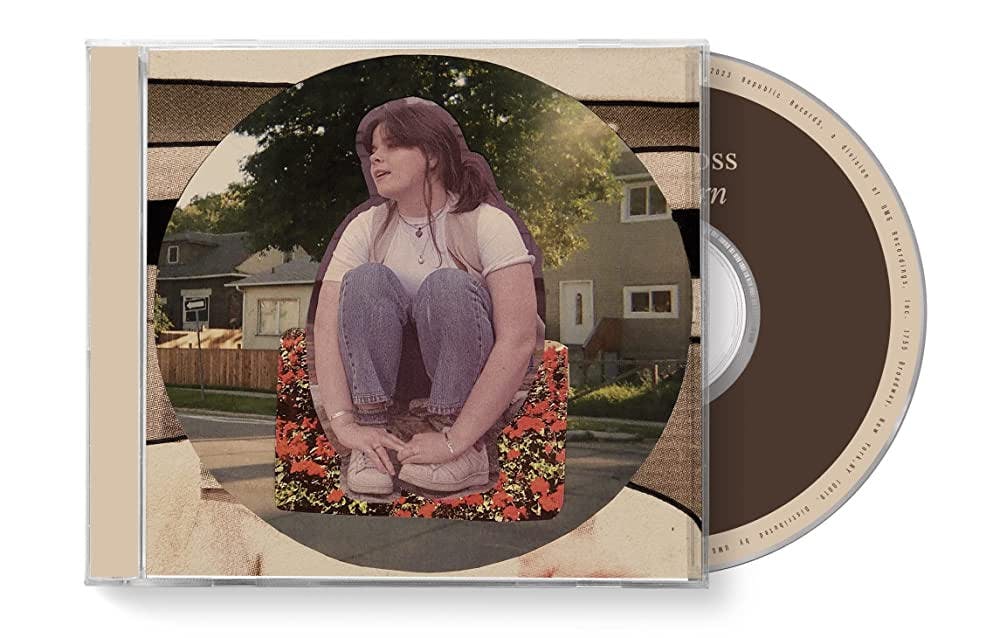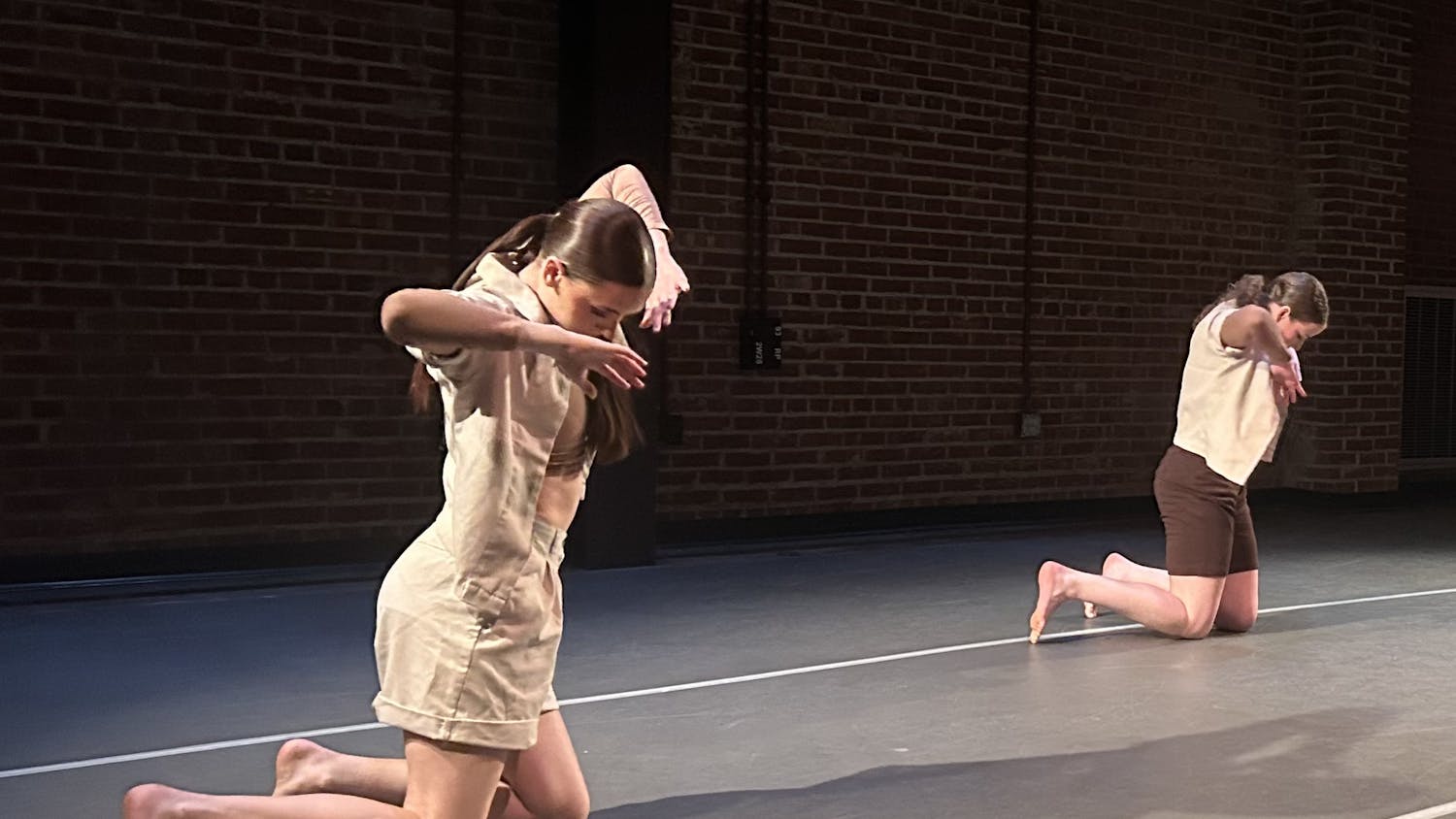Editor’s Note: This story includes mention of sexual violence or assault. Resources are available here.
Leith Ross found their way from recording music in a dorm room to touring North America, the UK, and Europe, all within a three-year time span. The Canadian singer-songwriter had initial success on Tik Tok and continued to flourish in the indie music scene ever since. “To Learn” is Ross’ second album to be released, following their 2020 album “Motherwell.”
“To Learn” can be a challenging listen at times and it is an album that requires a deeper level of reflection by the listener. Most songs feature solely Ross and their guitar, making listening to the album a one-on-one, intimate experience. This is why I recommend a solo listen when first experiencing the album.
The frankness of Ross’ lyrics is a leading feature of the album and of their music in general. No matter what Ross is singing about, they include details that are raw.
In “We’ll Never Have Sex,” Ross sings about a relationship in which they feel wanted for more than physical affection, as opposed to other previous experiences. The song describes the relief and immense gratitude of feeling safe with this new partner, while unlearning toxic patterns from past relationships. It is a sweet love song, but it has an underlying sorrow for the way the past has changed Ross’ idea of love.
“(You) On My Arm” is the one upbeat song of the album, as Ross sings about the giddiness of having a crush. The song is one of the few tracks on the album to feature an electric guitar, bass, or drums, immediately adding more energy and danceability to it.
Ross sings, “I wanna be / I wanna buy you pretty little things and / Never ever lie to you,” expressing the simplicity of just wanting to be good to someone. It’s a cheerful intermission to break up the album.
Ross’ lyrical honesty peaks with the track “Guts,” where they recount a personal experience of sexual assault. Ross conveys their feelings of fear, anger, regret, and betrayal, while reflecting on the ways certain people disregarded the event after the fact.
“I told my friend about you / He was so upset, I thought he might’ve cried / But outside on the pavement / Well, it turned to ‘I like playing with the guy,” Ross writes, expressing how a friend dismissed the severity of their assault to keep the friendship with their abuser.
This track is important because it offers perspective on a subject that can be extremely difficult for survivors to articulate, and Ross conveys their experience in a profoundly personal way. It is both a song for people to listen and learn, but it can also be a tool for people to relate and connect with Ross’ story.
Every song on “To Learn” holds a valuable spot on the album, making it truly a no-skip listen from Ross.




